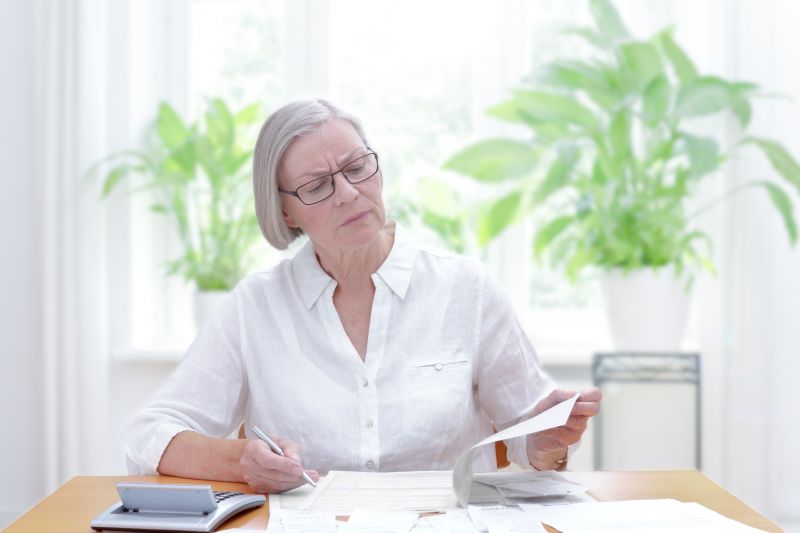Why it is Critical to Organize Your Records and Personal Information

Remember all of those times when you have said, I really need to get to that? And then you procrastinated, just to end up regretting later that you weren’t on top of it all along. It’s human nature, and we’ve all done it. However, some things are just far too important to not stay on top of. It’s one thing to not get your closets organized, quite another to not have your records and personal information organized—because when you need that, it is usually because you have unexpectedly landed in a need-it-yesterday situation.
Seniors can swiftly find themselves in many situations that require immediate and easy access to information. Being organized with your records and critical information is one of the biggest gifts you can give yourself, and your family, should you need their assistance down the road.
How to organize your records
Once your records are organized, you will be able to easily and quickly locate what you need when you need it, making it will be unlikely that anything will be misplaced or lost. Here are some simple steps to ensure that your personal records are organized, categorized and easy to find.
- First, sort through your records to determine what you want to keep and what can be shredded. Gather the keep ones and separate them into categories. Common categories are estate documents, personal, financial and legal accounts, medical, property, professional contacts, utilities and services. You can then create subcategories. Use labeled file folders to keep everything in order.
- Be sure to check your records for personally identifiable information, like bank or investment account numbers, credit card numbers and social security numbers. If you need to keep the document, but don’t want the sensitive information laying around, cut the numbers out and destroy them.
- Sort your bills into piles of paid and not yet paid. Keep the most recent ones in the front of the folder.
- Find a safe place to store them: A filing cabinet, large binders or fireproof boxes are ideal. Consider storing a backup set of the most important documents with a trusted family member or lawyer. Let family know how you have organized your records and where they are stored. Consider creating an electronic copy of your most important records. If this seems daunting to you, enlist a family member or tech-savvy friend to help you.
- After taking the time to organize your records, it is critical to maintain your system properly.
How to deal with those pesky passwords
Pull together your password and/or PIN information for all your online accounts (email, online banking, social media and shopping accounts). You will also need to gather password information for your devices: computer, cell phone, safe deposit boxes and safes. Store in a secure place, and let a trusted family member or attorney know where they are. Do not store these items in a safe deposit box, as they would not be accessible to family members without a court order.
How to record your personal information
Download this handy booklet that allows you to record all of your personal information in one easy place. Personal Information Organizer
A little effort up front saves time and frustration done the road
Yes, it will take some time to organize all of this, but it doesn’t have to be done in a day. Set aside a few hours every weekend, and it won’t feel so overwhelming. Enlist a family member or good friend to help you. Before you know it, it will be done, and you and your family will have peace of mind. Now that is a good investment well worth the time.

